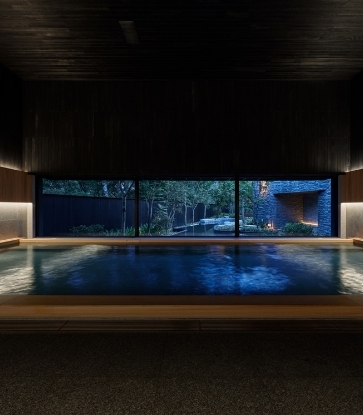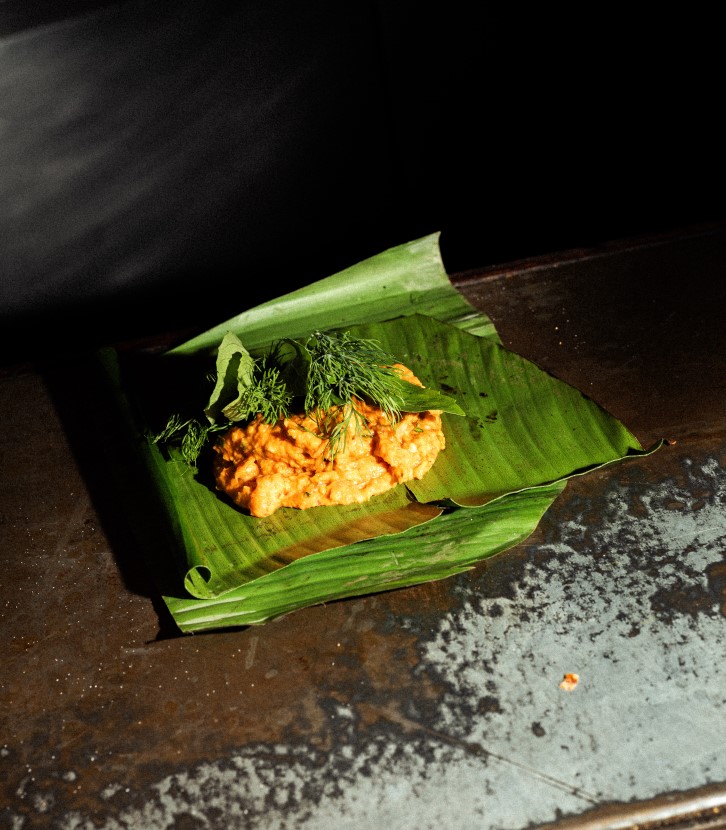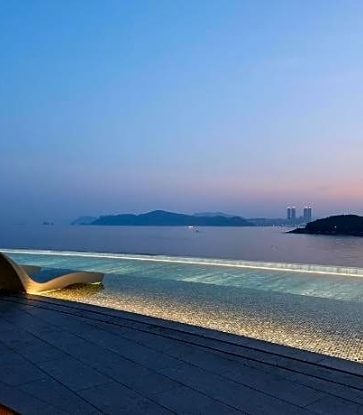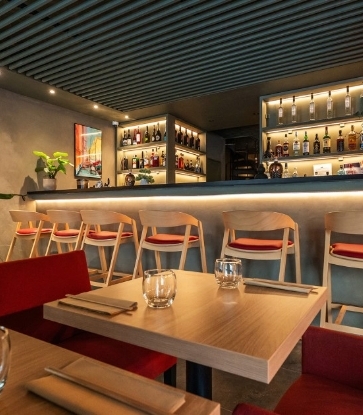This year the World Heritage Committee added 26 new destinations to UNESCO’s World Heritage List, from opulent Bavarian palaces to 70 million-year-old natural wonders. Their goal is to both promote and protect these thoroughly unique places and to safeguard the history of humanity and modern societies. No small feat!
To help you experience some of these destinations, here are our MICHELIN Guide Inspector-vetted restaurants and hotels to have on your radar when visiting five of the new UNESCO sights that caught our eye.
Click below to jump to each destination:
The Palaces of King Ludwig in Bavaria
Mysterious Neolithic Carnac Stones in France
Italy’s Prehistoric Sardinian Burial Sites
Relics of the Ancient Lydian Culture in Türkiye
The Stunning Cliffs of Møns Klint in Denmark
1. The Palaces of King Ludwig in Bavaria
If crossing a narrow suspension bridge in the foothills of the Alps to capture the perfect view of the Bavarian chateau that inspired Disneyland’s Sleeping Beauty castle sounds like a dream vacation moment, you’ll love exploring the four palaces of King Ludwig II (Neuschwanstein, Linderhof, Schachen and Herrenchiemsee), who ruled Bavaria in the late 19th century. Snap your Instagram-worthy shot from outside — photos inside are forbidden — then admire the opulent interiors, from Wagner-inspired art to gilded details.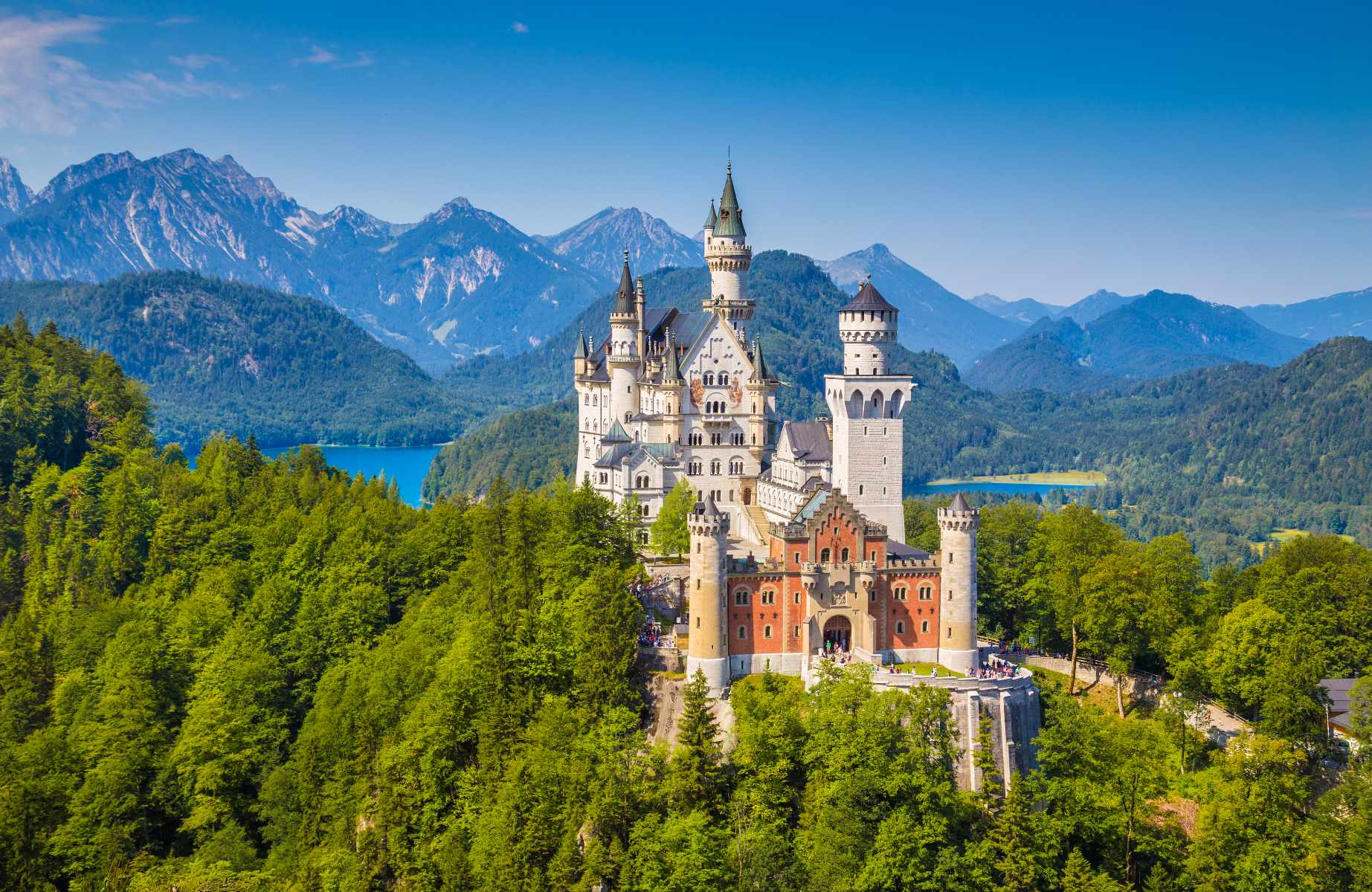
When you’re ready for a Bavarian feast, head to PAVO, about a half-hour drive from Neuschwanstein castle, inside Boutique-Hotel Blaue Burg Falkenstein (One MICHELIN Key) on the peaks of the Allgäu Alps. At the MICHELIN-Starred restaurant, diners enjoy exceptional views of the fairy-tale landscapes alongside modern Bavarian cooking from Chef Simon Schlachter. For a more casual option, Restaurant 1250 offers refined regional dishes in a relaxed setting.
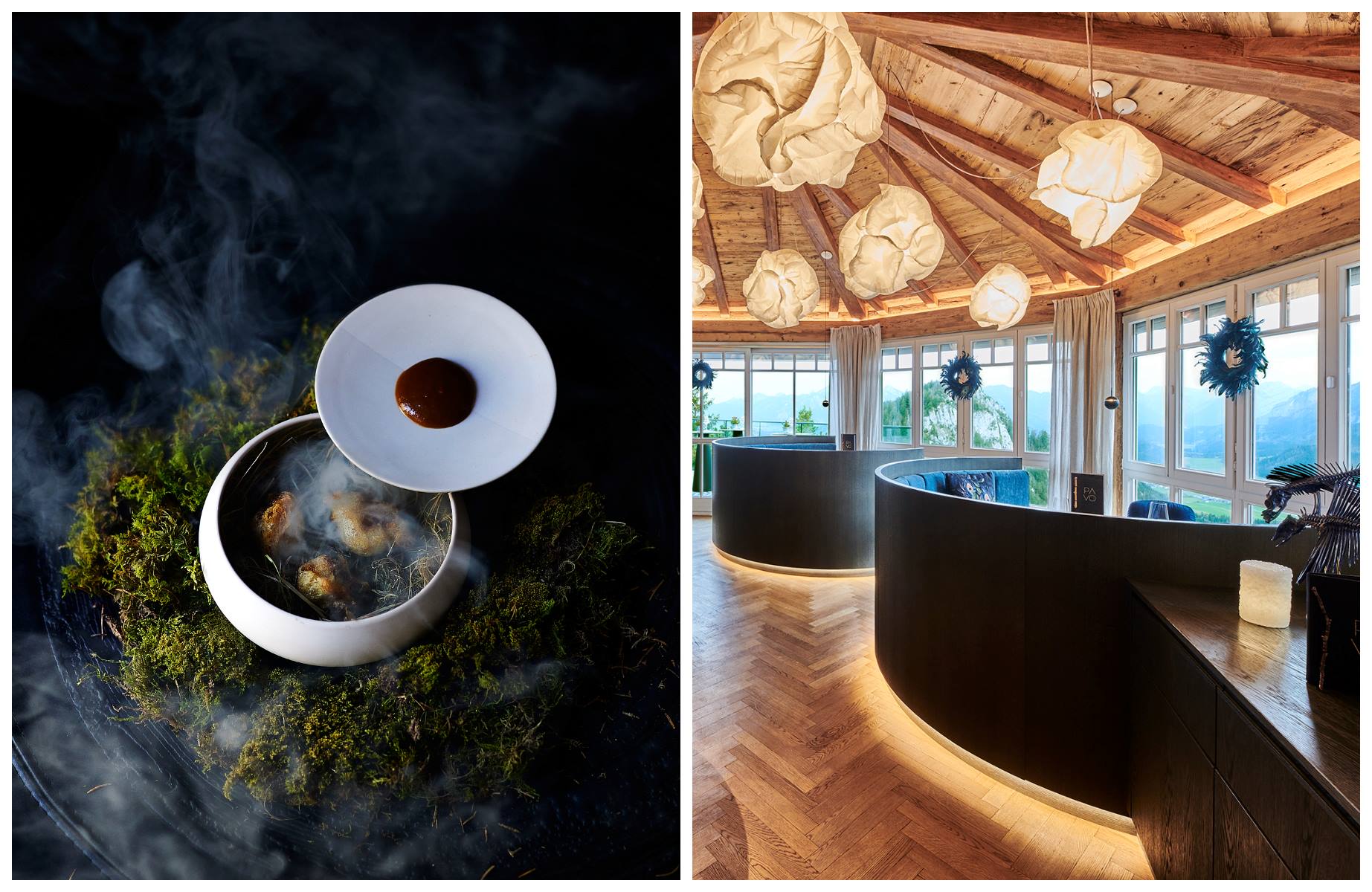
Another whimsical local stay, just steps from Ludwig’s palaces, is AMERON Neuschwanstein Alpsee Resort & Spa. Its design takes inspiration from the royal architectural surroundings while offering modern AMERON amenities, including an extensive spa and on-site restaurants: Schloss Bräustüberl, a traditional option with a beer garden, and Lisl, serving refined farm-to-table Alpine cuisine.
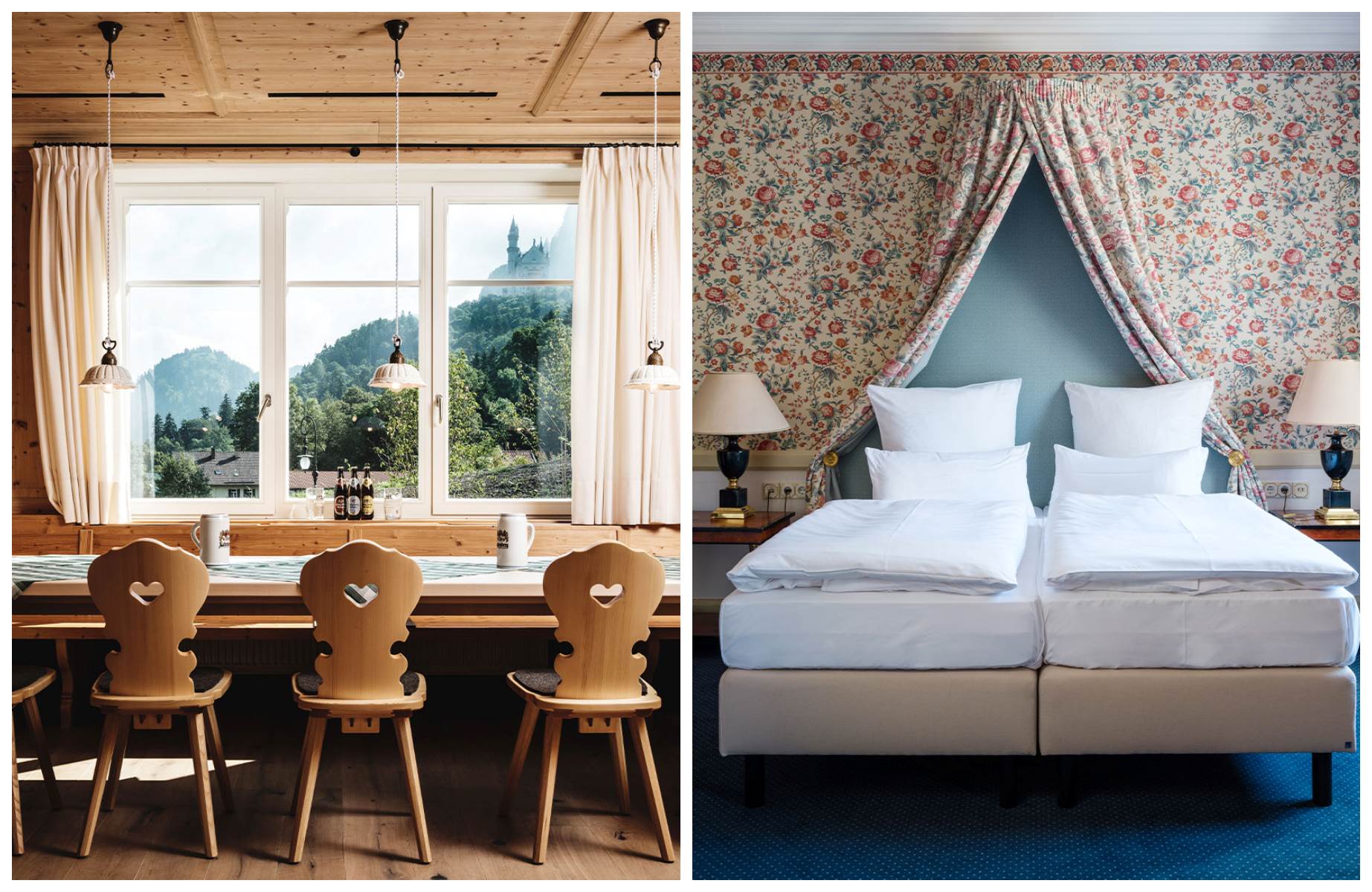
Find your hotel
2. Mysterious Neolithic Carnac Stones in France
In Brittany, in the northwest corner of France, thousands of megalithic structures built during the Neolithic period raise compelling questions: How were they constructed, and why? We know the massive stones were arranged deliberately in relation to one another and to natural features like terrain and waterways. But visiting Carnac and seeing them in person, it’s natural to reflect on certain mysteries of the early societies along Europe’s Atlantic coast.
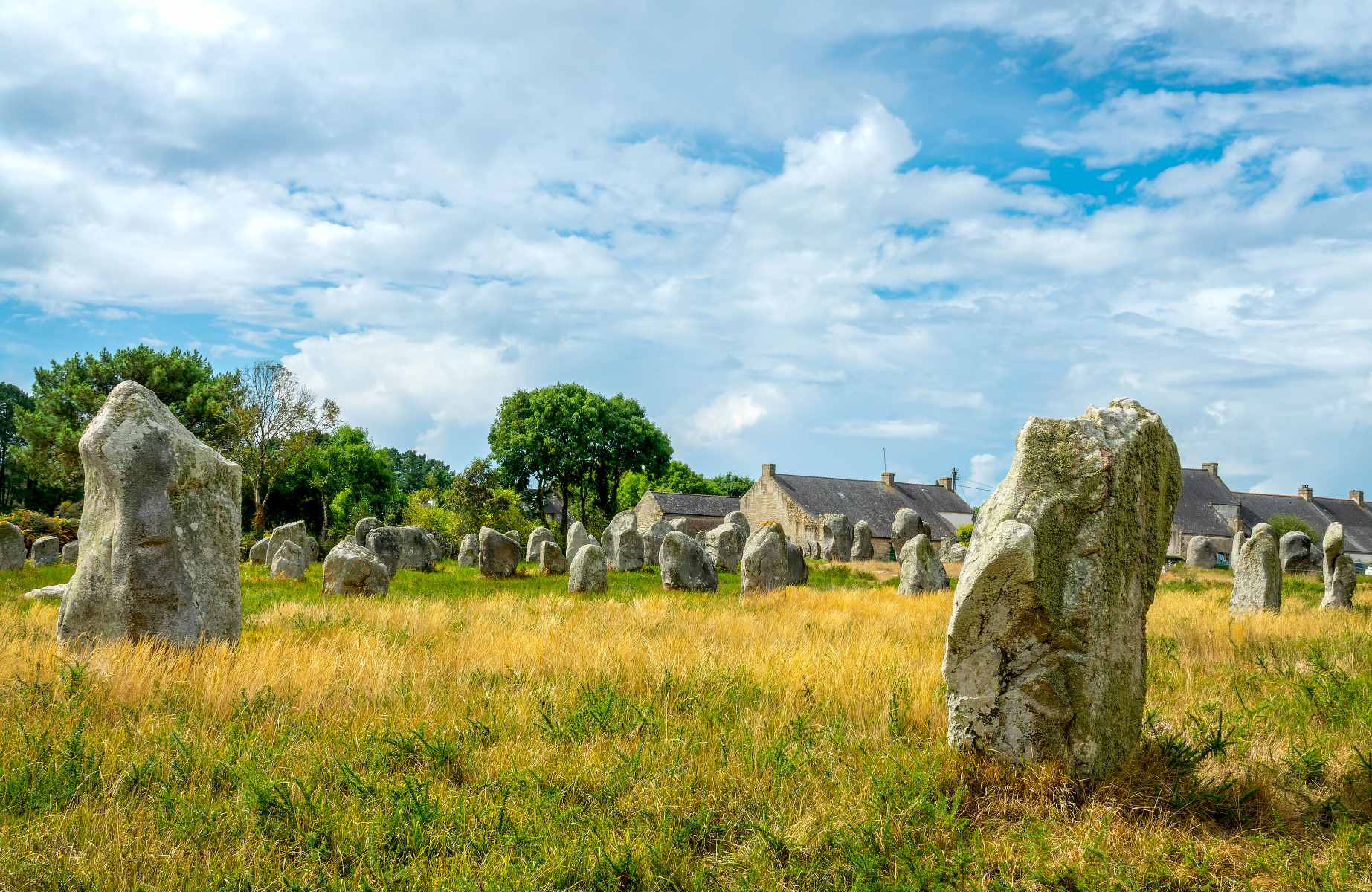
After admiring the region’s natural and historical wonders, explore its culinary delights at Empreinte in nearby Vannes. Proprietors Marine and Baptiste Fournier work with hyperlocal suppliers to showcase the best seasonal Breton products. Their eco-conscious approach has earned them a MICHELIN Green Star designation.
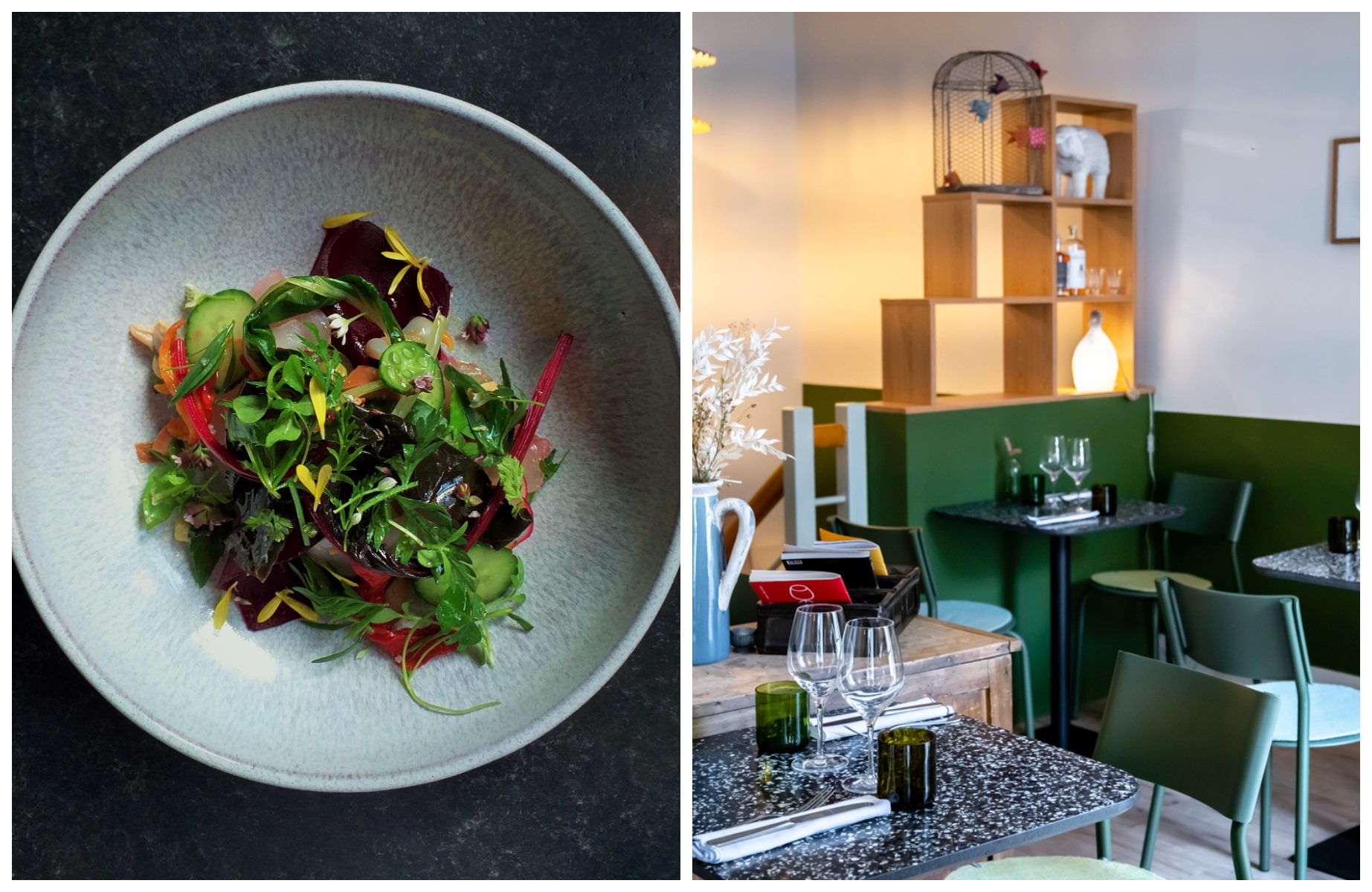
Another excellent option is L’Inattendu (in English, “the unexpected”), located within Domaine de Locguénolé, a 19th-century castle set on a wooded estate overlooking the Blavet River. At the One-MICHELIN-Starred restaurant, Chef Yann Maget — recipient of Meilleur Ouvrier de France, the country’s most prestigious culinary honor — blends top-quality Breton ingredients with his personal, creative and sometimes unexpected touches, from squid and pork with a punchy sauce to John Dory fish garnished with girolle mushrooms and fresh almonds.
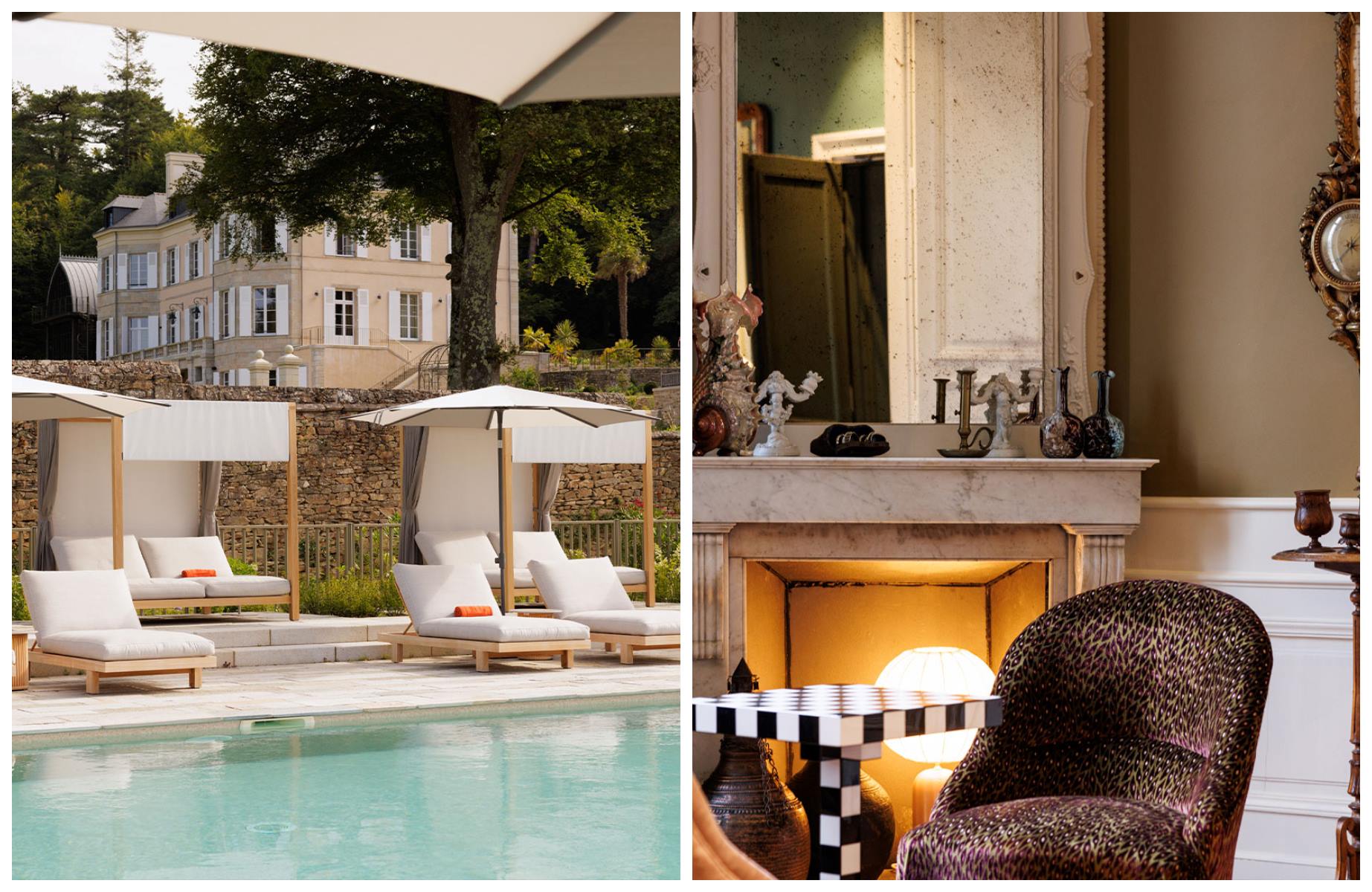
Find your hotel
3. Italy’s Prehistoric Sardinian Burial Sites
A window into the daily life and funerary practices of prehistoric Sardinian communities, the Domus de Janas (“fairy houses”) are rock-cut chambers scattered across the island. These underground burial sites feature intricate layouts, carved figures, religious symbols and false doors, which were believed to allow the souls of the deceased to freely enter and exit. These tombs offer a glimpse into how late Neolithic and Bronze Age people viewed death and the afterlife. Across the western Mediterranean, they remain some of the most impressive examples of underground funerary architecture.
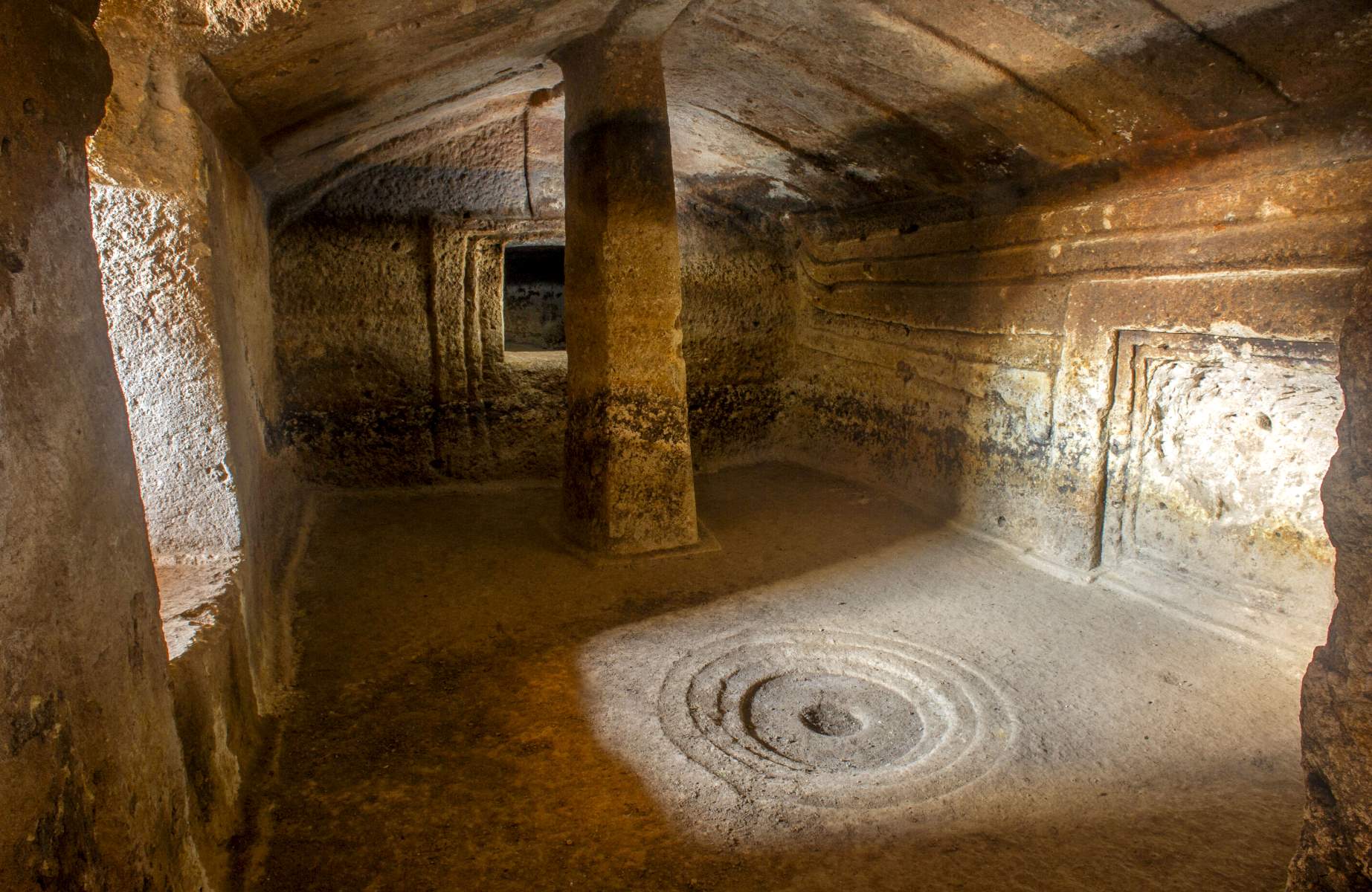
If exploring history works up an appetite, two Inspector-vetted local restaurants stand out: Fradis Minoris, a sustainable and creative One-MICHELIN-Starred restaurant that has also earned a Green Star, is located within a protected marine area. And Old Friend, a trendy Bib Gourmand spot in Cagliari, combines local ingredients with global techniques and a cheeky punk-rock spirit.
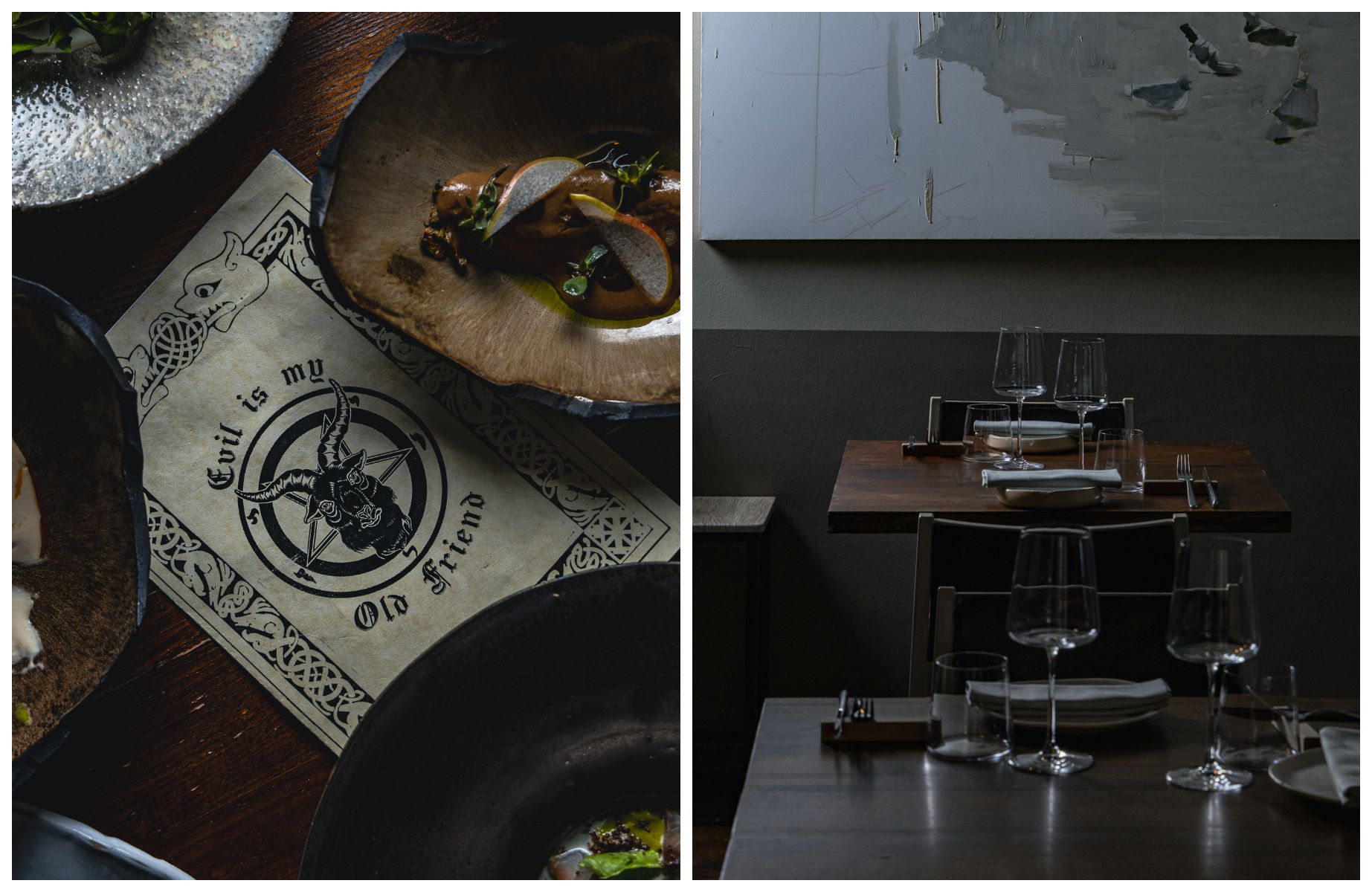
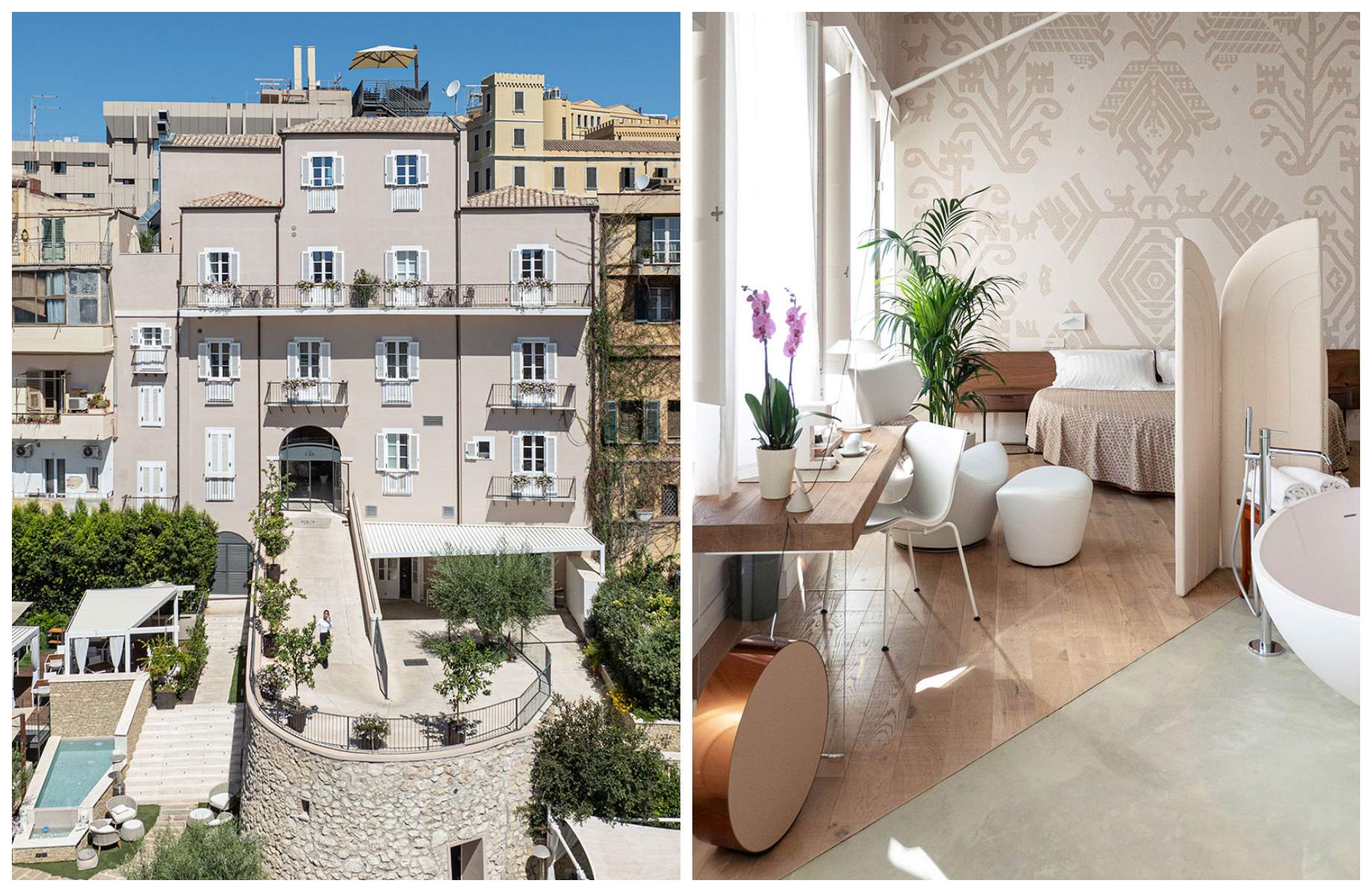
Find your hotel
4. Relics of the Ancient Lydian Culture in Türkiye
Bin Tepe (“thousand mounds”) is a collection of earthen burial mounds that served as a cemetery for the elites of the ancient city of Sardis. The city, located in modern-day Türkiye, was the capital of the Lydians, an influential people who lived from the eighth to sixth centuries B.C. and were known for their gold and silver coins.
Though the tombs of Bin Tepe have been thoroughly looted, it’s a compelling destination for history buffs. Strolling through tombs dating back to the Iron Age, you can hear the echoes of early civilizations.
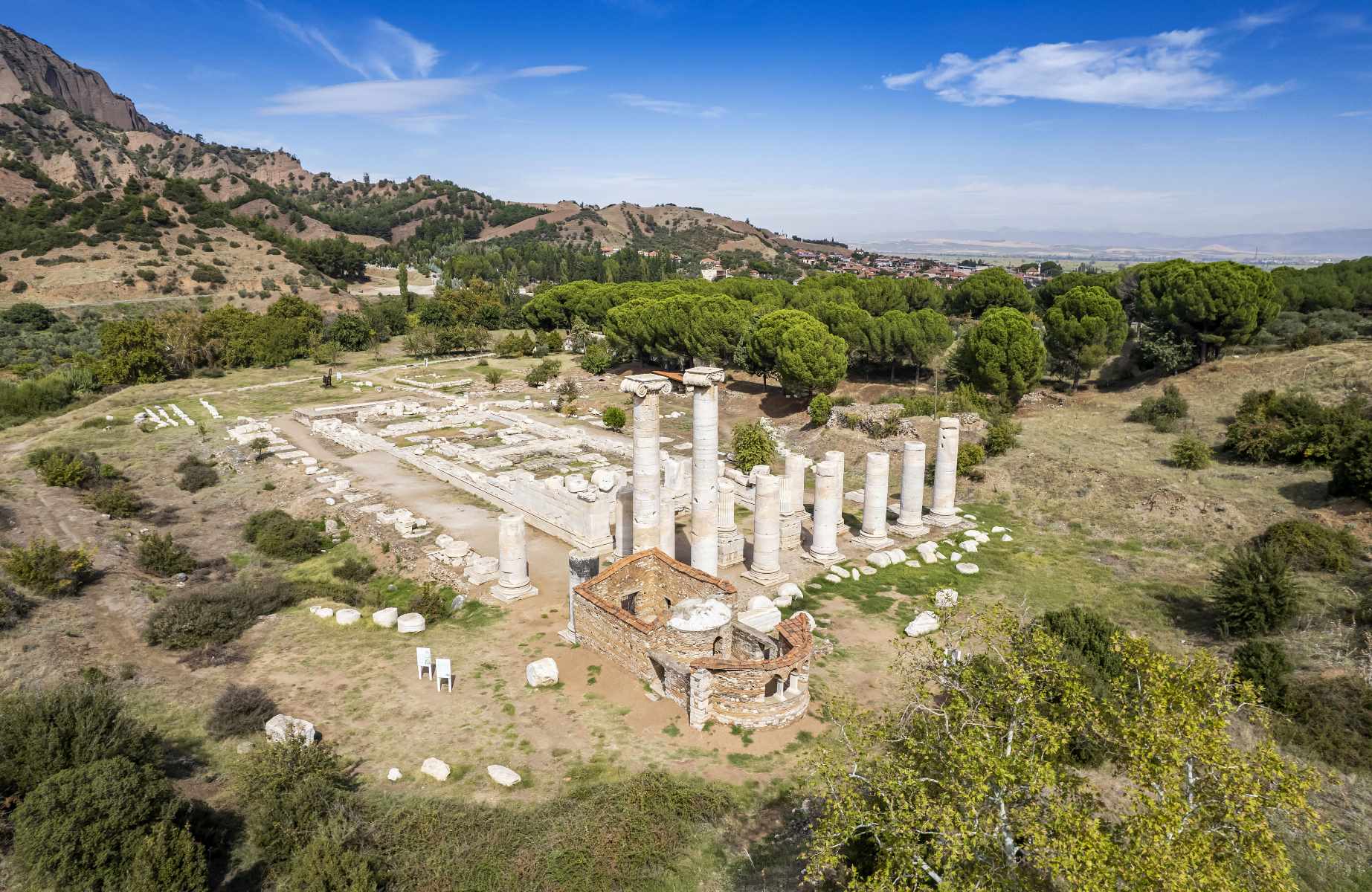
Downtown Izmir is a 90-minute drive from Bin Tepe. There, you won’t find many MICHELIN Stars, but there’s a handful of solid Inspector-approved restaurants — both traditional Turkish spots like Tavacı Recep Usta (think slow-cooked, generously spiced lamb shoulder with tomato and green pepper) or Scappi, a contemporary Italian restaurant on the ninth floor of Swissôtel, with sea views and handmade fresh pastas.
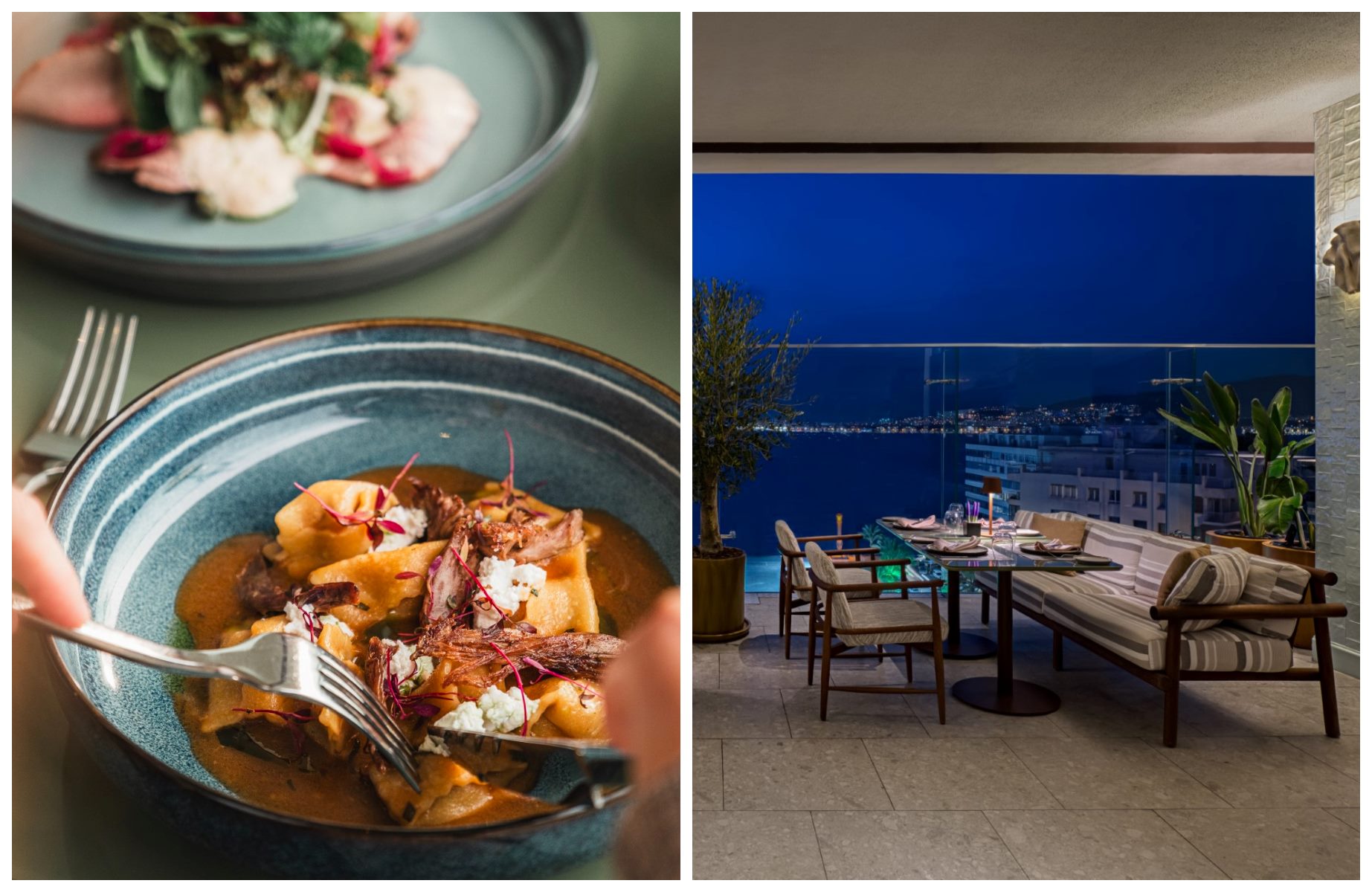
Our hotel Inspectors have yet to thoroughly scout out the hotel scene here, but there are plenty of design-forward boutique hotels to choose from, including Key Hotel overlooking the sea.
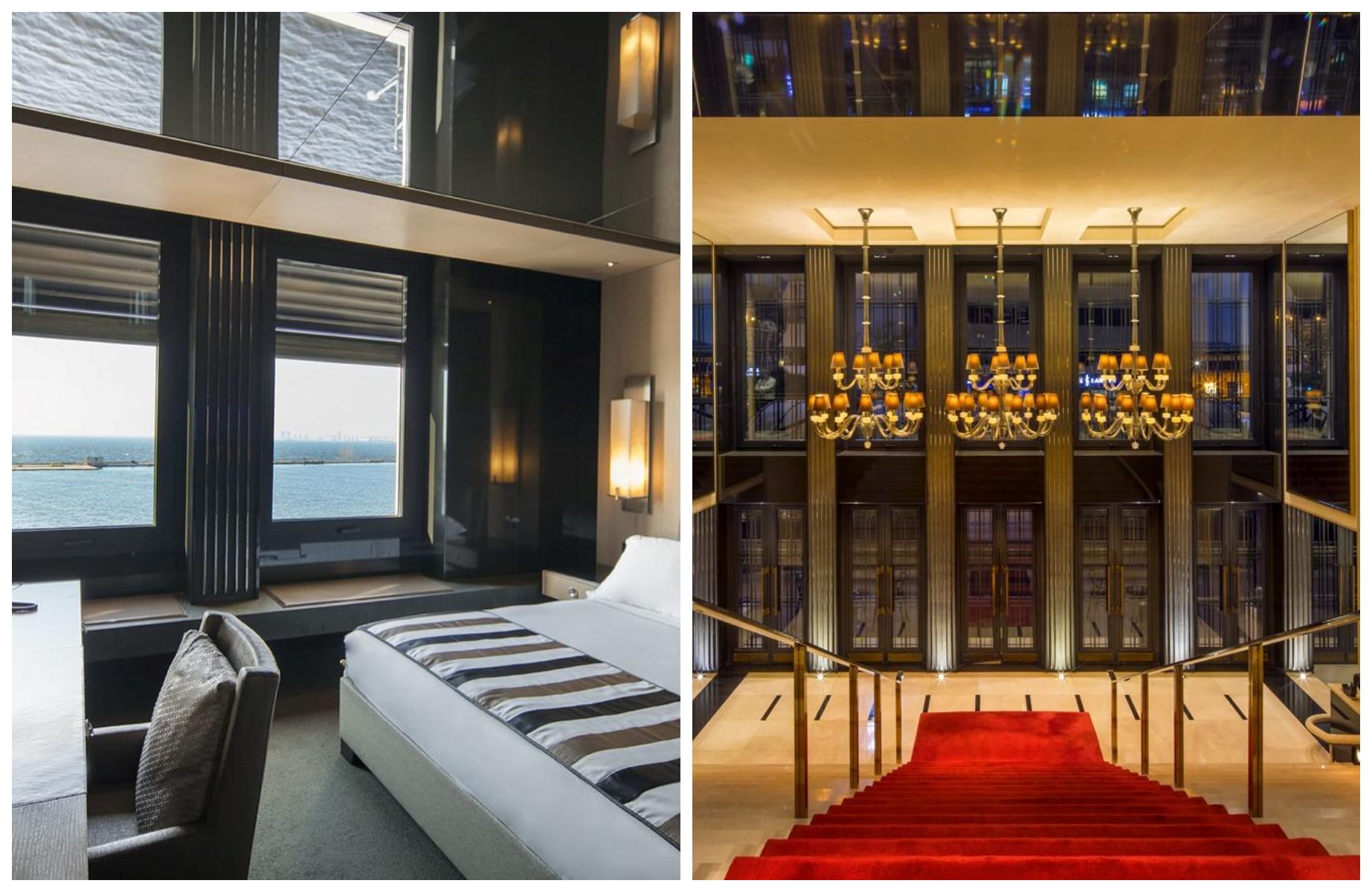
Find your hotel
5. The Stunning Cliffs of Møns Klint in Denmark
A visit to Møns Klint, 70 million-year-old chalk cliffs on Denmark’s island of Møn, offers so many possibilities. You can tour the dramatic glaciotectonic landscape on a sturdy Icelandic pony to observe the vast array of flora and fauna, including 18 species of orchid. At the foot of the cliffs you can trawl the beaches for fossils. At night you can experience Scandinavia’s first “dark sky park” — with wide-open skies and minimal light pollution, it’s an ideal location for taking in the starry sky.
An hour’s drive from Møns Klint, Hotel Frederiksminde is a quaint Danish country-house hotel, once part of a monastery, with a One-Starred restaurant that is a destination unto itself. There, Chef Jonas Mikkelsen and his team work wonders with locally sourced products to create dishes like organic Lolland chicken with morels, asparagus and ramson. They have earned a MICHELIN Green Star for working towards more sustainable gastronomy.
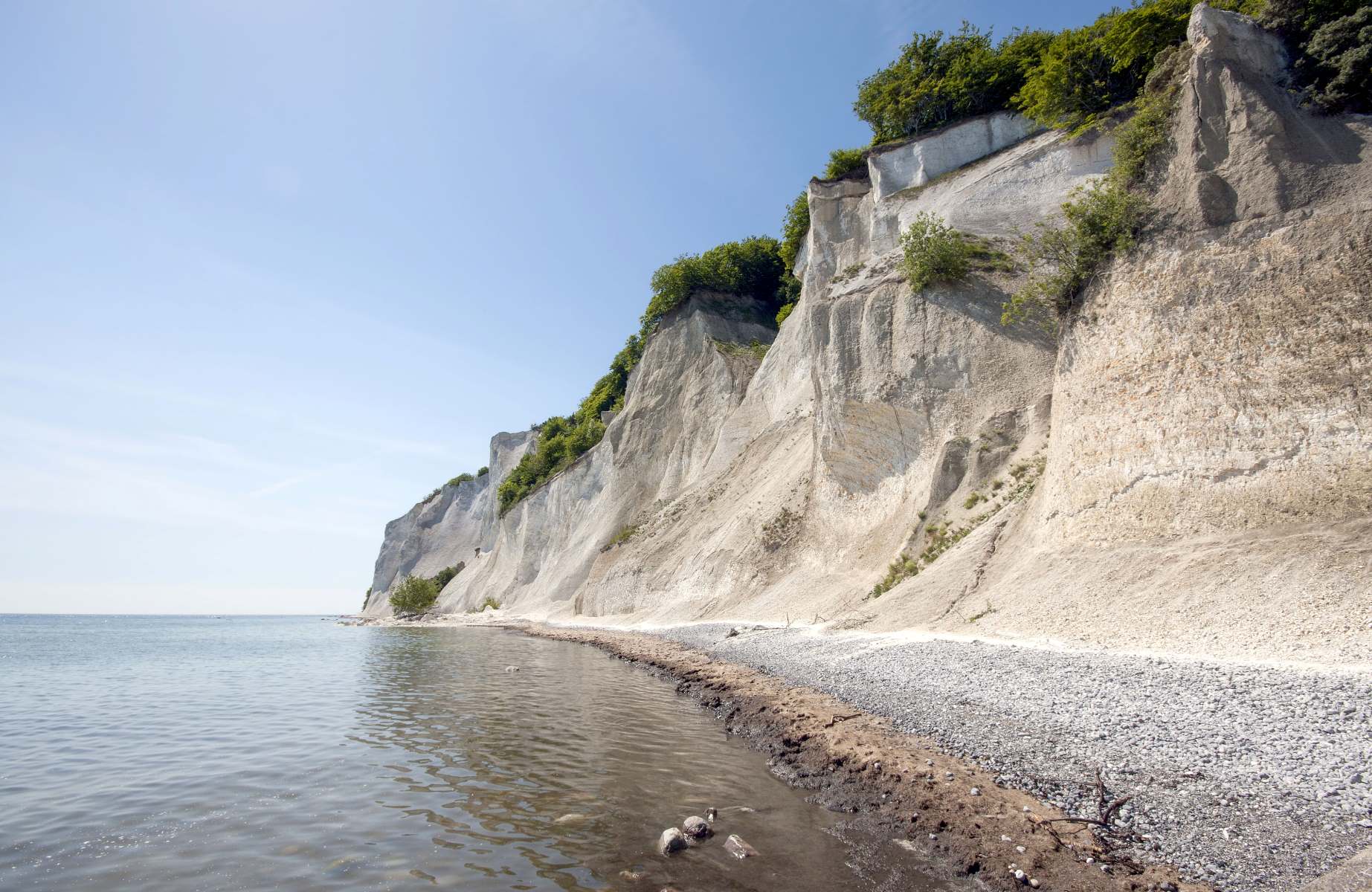
Copenhagen, just a couple of hours by car, has no shortage of MICHELIN-recommended restaurants, well beyond Three-Starred juggernauts like Noma and Geranium. For a stylish take on hyperlocal cuisine, try Mark, a charming bistro that aims to make Danish countryside produce sing, or the casual Kødbyens Fiskebar, serving the freshest seafood in an airy industrial setting that was once a butcher’s shop.
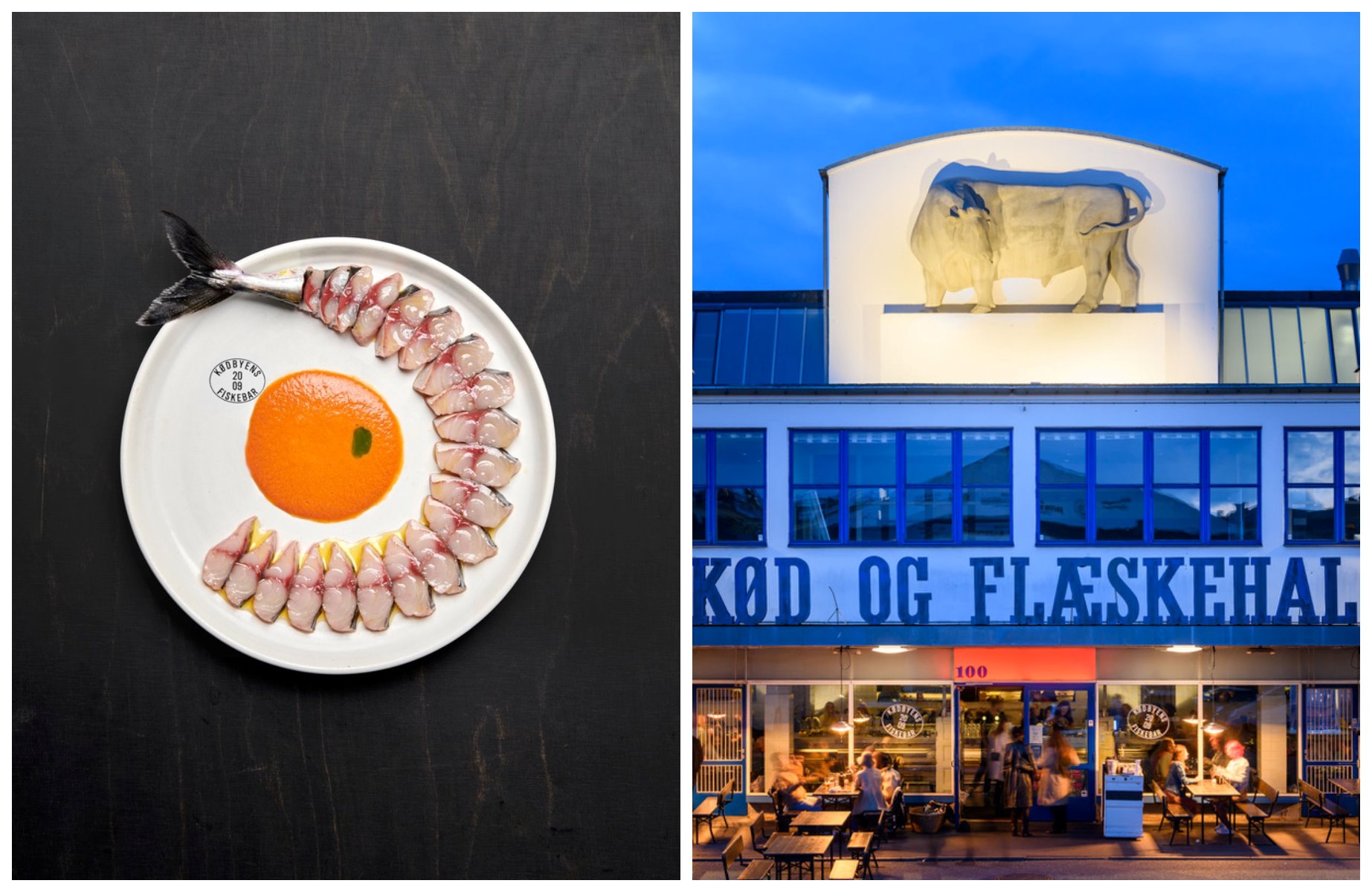
MICHELIN-recommended stays include the iconic Hotel d’Angleterre and Hotel Sanders, the cool contemporary boutique hotel from celebrated Danish ballet dancer Alexander Kølpin.
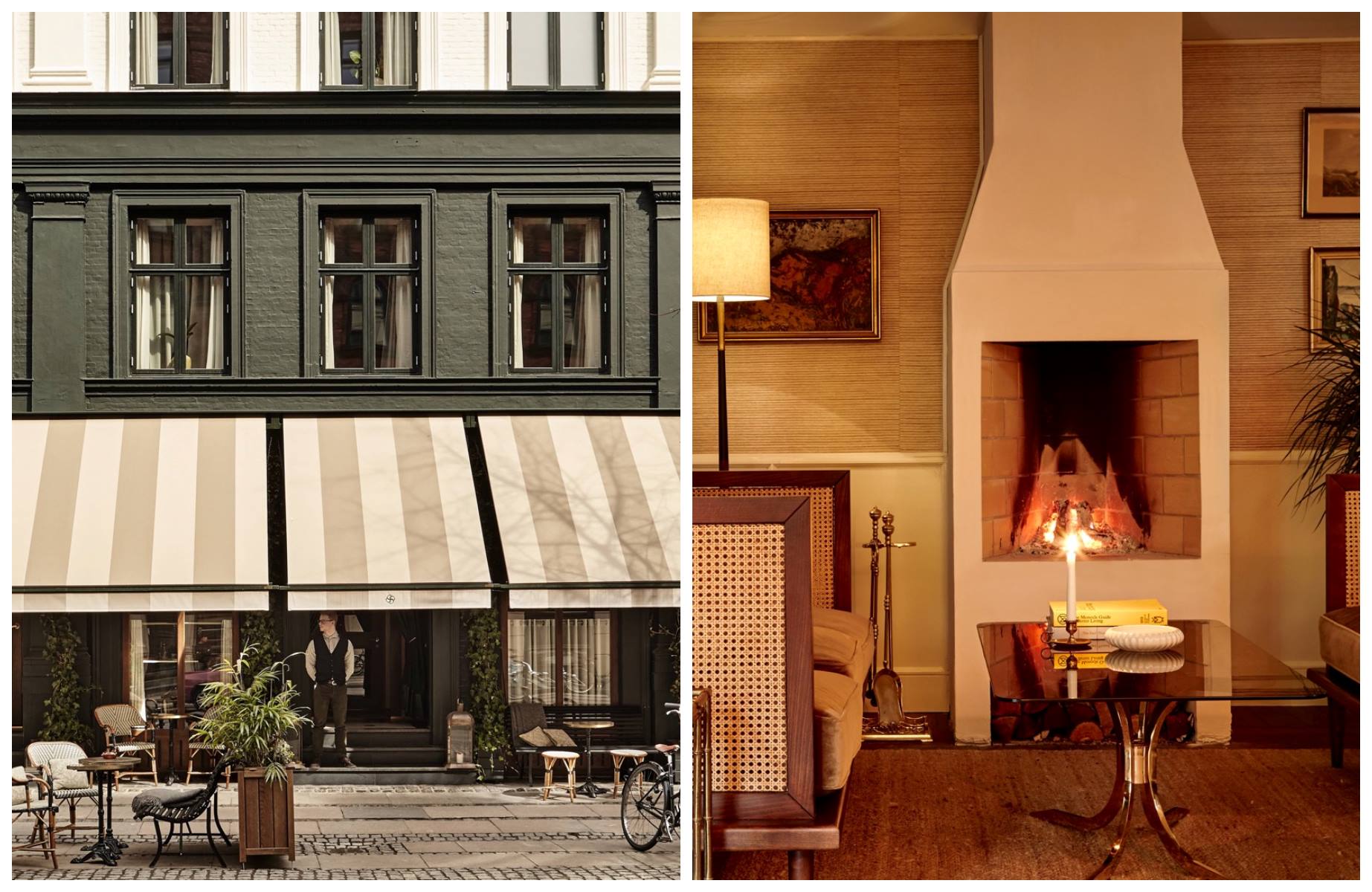
Find your hotel
Hero Image: The view of Fradis Minoris restaurant in Pula, Sardinia. © Alessandro Addis/Fradis Minoris



